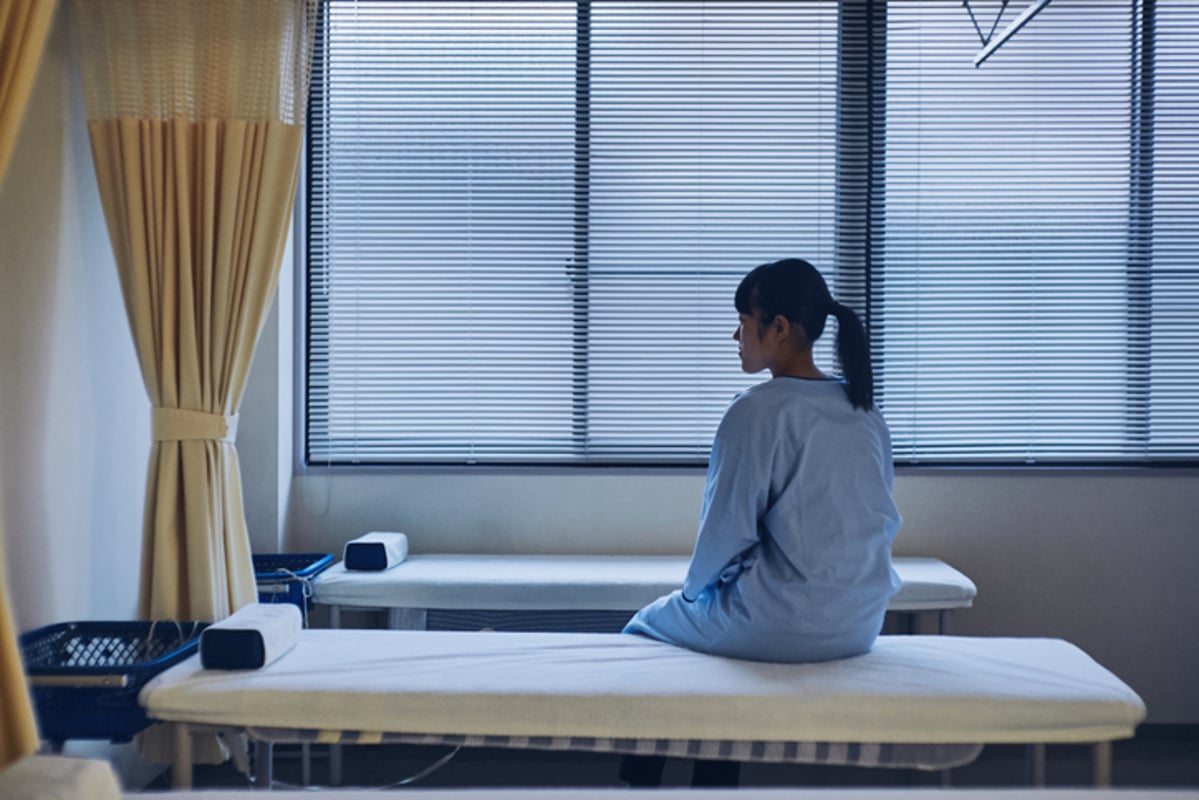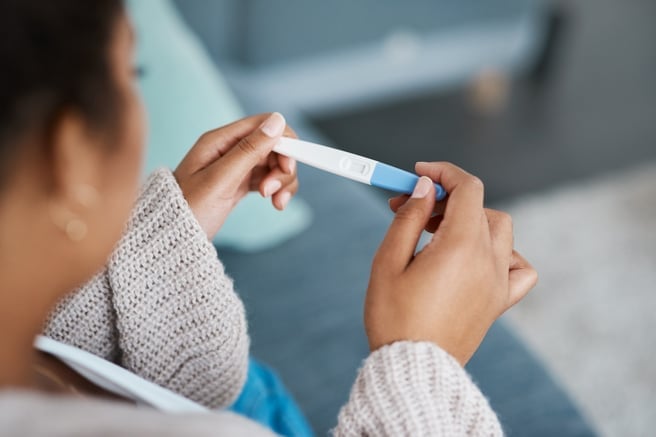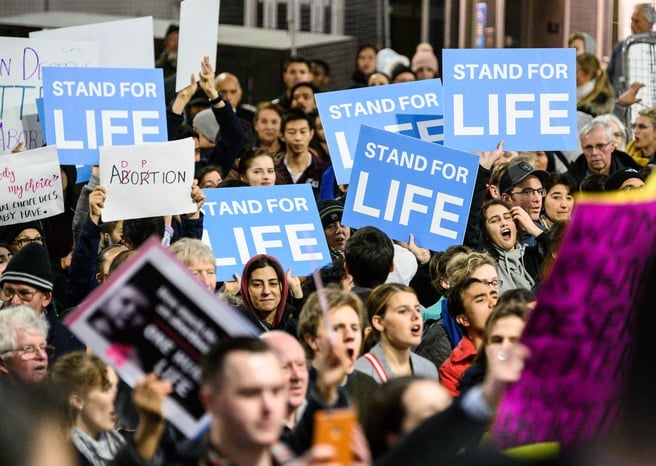
In 2007, a team of researchers designed an experiment.
They visited 30 abortion clinics over three years, and recruited more than 1000 women in waiting rooms.
A quarter of those women were denied an abortion, having missed the prescribed time limit set by the clinic. Some missed it by only a matter of days.
The entire group - from different backgrounds, circumstances and age groups - were interviewed twice a year for five years.
The result was a remarkable piece of research dubbed the Turnaway Study that took 10 years to both collect and deconstruct.
For the first time ever, demographers were able to enrich public debate on abortion with real-life data, science and comparison, and give us tangible insight into an age old question: What are the consequences of having, or being denied, an abortion?
In this article, we explore what they discovered.
***
No abortion story is the same.
The journey from seeing those double lines, to deciding now isn't the time to become a mother, is an experience fraught with emotion. But as this study concludes, it's not a decision that often leads to regret.
For many women, access to abortion has given them the opportunity to live a life they otherwise may not have had. But for some, the right to make that decision is taken away by the rules and regulations of the country or state in which they live.
WATCH: The women forced to have illegal abortions. Post continues after video.



Top Comments
Yep, because it was their choice. Abortion allows women the scope to bring children into the world when they are ready, that is admirable and no stigma should be attached to it. People who don't like or want abortions should never have to have one, likewise, people who don't want to be pregnant or a parent should have the option to abort. I don't regret having my children, because it was my choice. I also do not regret my abortion, because it was my choice.